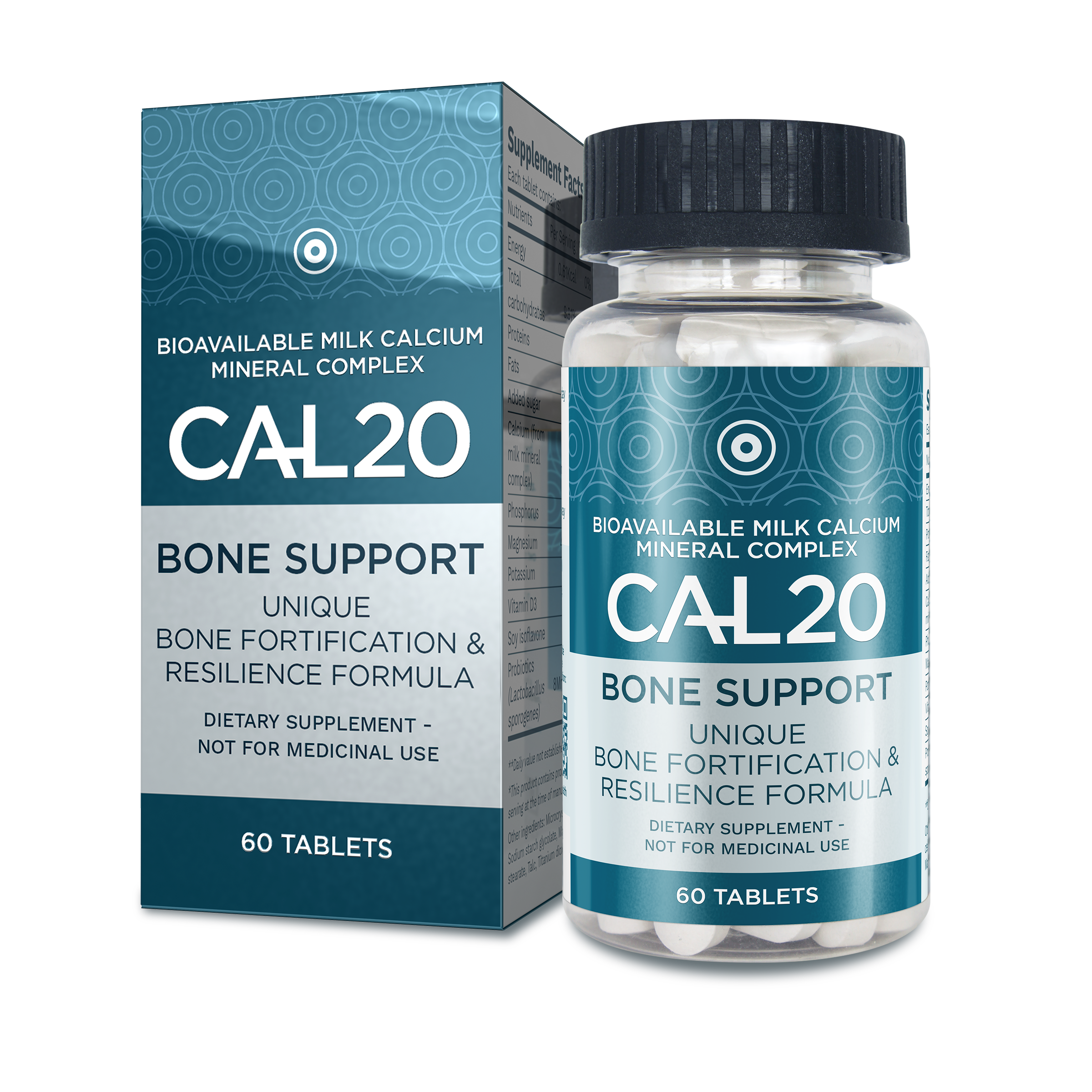All adults (barring a fraction of 1 per cent of people who are genetically different) need at least eight hours of sleep each night. Not six, not four, but eight or more, and those who heroically plough on through life living on just five or six hours a night will eventually pay for it. It turns out, too, that you never get back a sleep deficit, which means the effects of one night’s bad sleep are marked on you for life. So if you are not getting at least eight hours a night, you must make sure that you do.
The following article is an excerpt from the book Younger for Longer by Dr. Duncan Carmichael
Missing Naps Could Lead to a Shorter Life
The phenomenon of biphasic sleep, wherein humans are naturally predisposed to two distinct periods of rest in a 24-hour cycle, is well-documented by experts. The first of these rest periods is ideally taken during the nocturnal hours when our bodies require the bulk of NREM and REM sleep. The second period, occurring in the early afternoon, is crucial and explains why mid-day meetings or appointments are ill-advised.
The importance of napping during this time is underscored by neuroscientist Matthew Walker, whose book ‘Why We Sleep’ provides comprehensive insights on the topic. He recounts his observations of Greek culture during the 1980s, where businesses closed from 1pm to 5pm, allowing citizens to engage in leisurely activities, including napping. Regrettably, this cultural habit has since waned, and as a result, Harvard University researchers conducted a six-year study that revealed a startling 37 percent greater risk of death due to cardiovascular disease for individuals who no longer nap during the day. The study showed that men who work were worst affected, as their risk escalated by more than 60 percent. In short, the absence of biphasic sleep appears to be a significant contributor to early mortality.
From Dr. Duncan Carmichael’s perspective, a daytime nap could prove beneficial in reducing stress levels. He identifies stress as one of the “Three Horsemen,” alongside poor nutrition and lack of exercise, which pose a threat to overall wellbeing. He explains that many individuals work eight-hour days under stressful conditions, with adrenaline coursing through their systems. While adrenaline is essential to our survival, excessive stress and adrenaline release can damage our brains, arteries, and immune systems. A midday nap could allow us to fall into a stress-free, low-adrenaline state, helping to alleviate stress and promote health.
Walker also emphasises the importance of getting adequate sleep, noting that all adults (except for a fraction of 1 percent of people who are genetically different) require at least eight hours of sleep each night. Attempting to operate on fewer than eight hours of sleep each night will inevitably lead to physical and mental health problems. Furthermore, the effects of sleep deprivation are cumulative and cannot be remedied by sleeping longer on subsequent nights. It is therefore essential to prioritise getting sufficient sleep to support optimal health and longevity.




